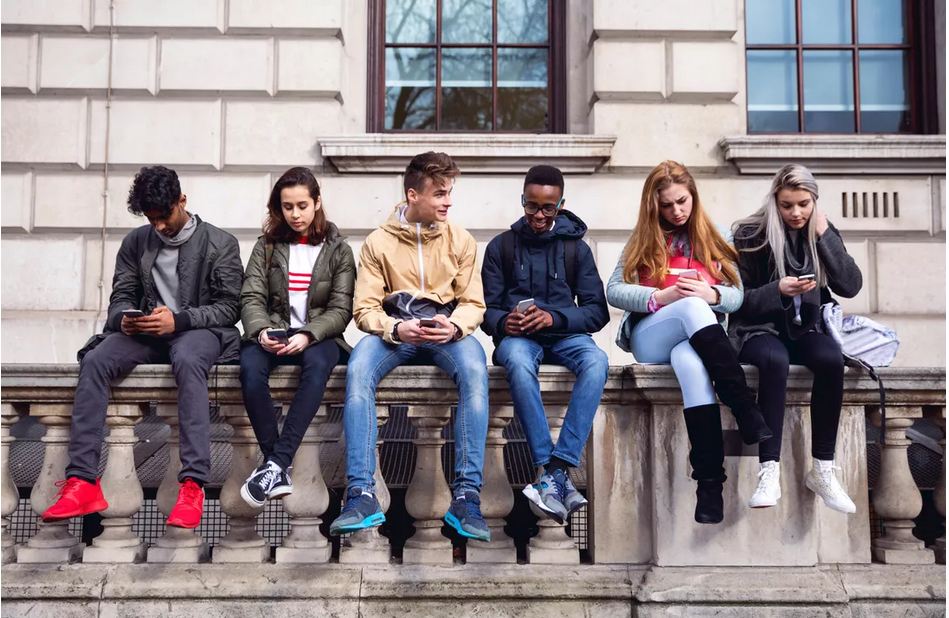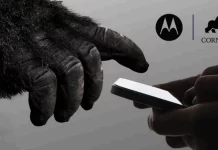Late on Wednesday, July 5, French lawmakers reached a consensus to grant police the authority to remotely access and activate the cameras, microphones, and GPS systems of suspects’ smartphones and other devices. This provision, included in a broader justice reform bill, has sparked criticism from both left-wing activists and defenders of civil liberties, who argue that it represents a step towards an authoritarian surveillance state. Justice Minister Éric Dupond-Moretti sought to allay concerns, stating that the measure would only be utilized in “dozens of cases a year.”
A lot of ethical dilemmas will surround this decision in the near future
The scope of the surveillance measure encompasses laptops, cars, and other connected objects, in addition to phones. It permits the geolocation of individuals suspected of crimes punishable by a minimum of five years’ imprisonment. Moreover, law enforcement would be able to remotely activate devices to capture audio and visual evidence of individuals implicated in acts of terrorism, as well as delinquency and organized crime.

Digital rights group La Quadrature du Net voiced significant apprehensions over these provisions, citing potential infringements on fundamental liberties. The organization emphasized the rights to security, privacy, private correspondence, and freedom of movement, arguing that this proposal marks a worrisome trajectory toward excessive security measures.
During the parliamentary debate, MPs aligned with President Emmanuel Macron’s party introduced an amendment that restricts the use of remote spying to instances “when justified by the nature and seriousness of the crime” and “for a strictly proportional duration.” Furthermore, any utilization of this provision must receive judicial approval, and the total duration of surveillance cannot exceed six months. Importantly, individuals in sensitive professions, including doctors, journalists, lawyers, judges, and MPs, would be exempt from being targeted.
Responding to concerns about excessive surveillance, Dupond-Moretti dismissed comparisons to George Orwell’s dystopian novel “1984,” stating, “We’re far away from the totalitarianism of 1984.” He argued that the new law would save lives in the future.
RELATED:
- Smartphones Banned from Schools in Bid to Improve Learning
- Honor plans to use large language models on smartphones
- Best Foldables of H1 2023 (Fold & Flip)
(Via)







